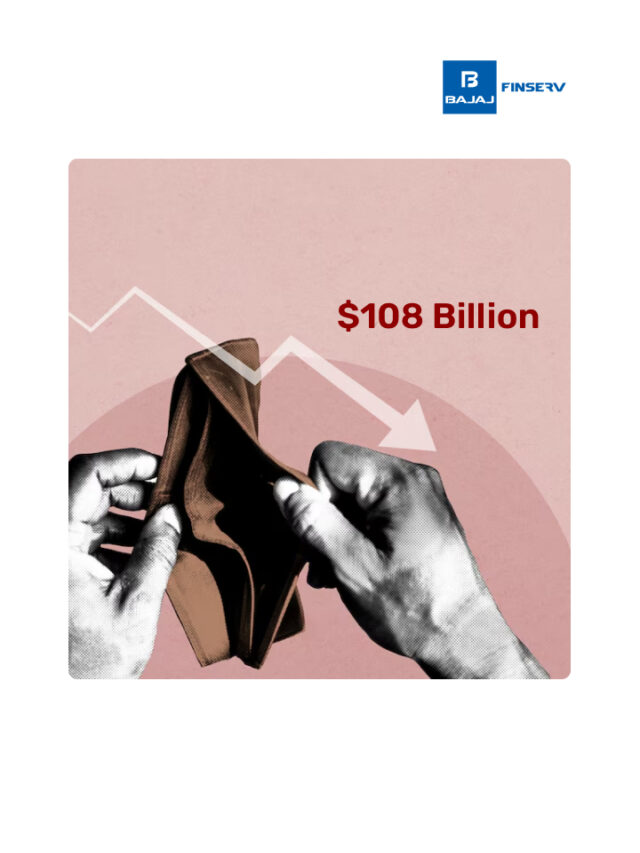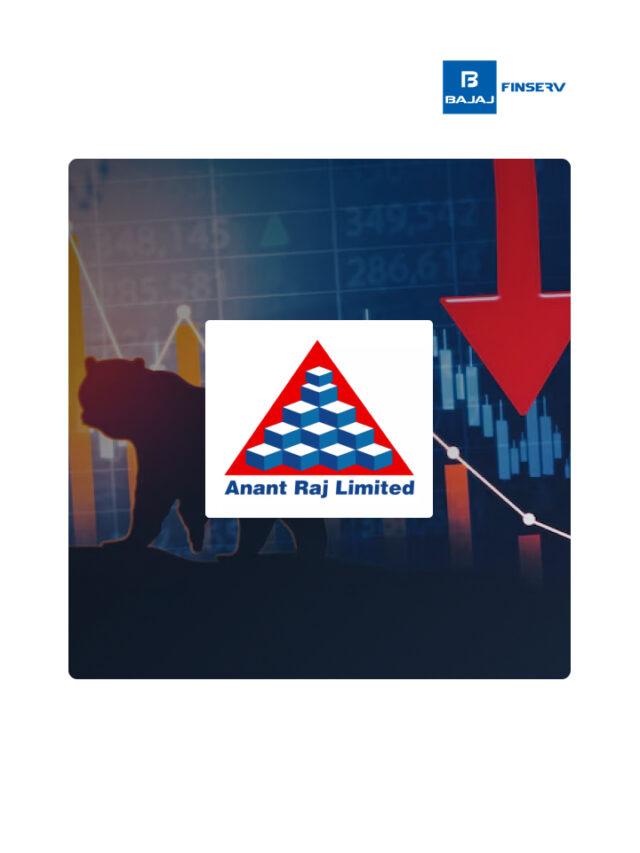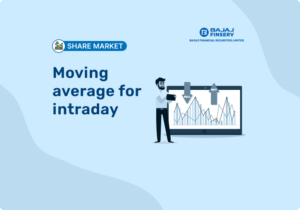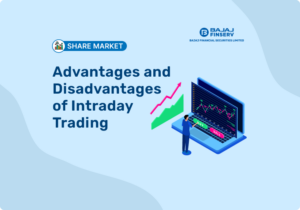Intraday Brokerage Charges
Last Updated on September 27, 2023 by BFSLTeam BFSLTeam

Traders have various avenues at their disposal to generate profits from stocks. One avenue involves engaging in long-term investments, while another strategy revolves around short-term tactics, such as day trading. If you’re actively involved in the Indian stock market, you’ve likely encountered terms like “intraday trading charges” or “intraday brokerage charges.” These charges have a significant influence over the overall cost structure of your intraday trading ventures.
In this blog post, we will guide you through the distinct constituents that contribute to these charges.
Table of Content [hide]
Intraday Trading: An Overview
Intraday trading, often recognised as day trading, entails the buying and selling of financial instruments, like stocks, within the confines of a single trading day. This methodology implies that you refrain from holding onto your positions overnight, with the primary objective being to harness short-term price fluctuations for potential gains.
Intraday trading demands quick decision-making, trend analysis, and prompt action to leverage potential opportunities. Unlike long-term investments, which focus on company fundamentals, intraday traders rely on technical analysis and short-term patterns. The strategy can yield gains but poses risks due to its fast-paced nature.
Traders must stay alert, well-informed, and equipped with tools to navigate the volatile landscape. They need discipline, strategic thinking, and risk management skills. Understanding the charges linked to intraday trading is essential. These charges influence trading costs and potential profits. Ahead, we delve into these intricacies, spotlighting components shaping overall intraday trading charges.
Understanding Charges for Intraday Trading
When you engage in intraday trading, it’s essential to consider the charges associated with these activities. Let’s break down the different components that contribute to the overall intraday trading charges:
1. SEBI Regulatory Charges: The Securities and Exchange Board of India (SEBI) regulates the securities market. To support its regulatory efforts, SEBI levies a nominal fee on turnover called SEBI Turnover Fee. This fee goes towards enhancing the transparency and efficiency of the market.
The prevailing SEBI Regulatory Fee is set at ₹ 20 per crore of transaction, equivalent to 0.0002% for every equity transaction. This rate remains uniform, irrespective of whether the transaction involves delivery or pertains to intraday trading.
2. Securities Transaction Tax (STT): STT represents a tax imposed on the sale of securities that are listed on Indian stock exchanges. It constitutes a minor fraction of the transaction’s total worth and contributes to the government’s revenue collection efforts. Following the guidelines set forth in the Security Contracts (Regulation) Act of 1956, the Indian government mandates the imposition of the Securities Transaction Tax (STT) on equity transactions. This tax specifically pertains to the selling aspect of intraday equity transactions, encompassing 0.025% of the transaction’s valuation.
3. Transaction Charges: These charges are imposed by stock exchanges and clearing corporations for facilitating the transaction. They cover the cost of trade execution, confirmation, and settlement. Transaction charges for BSE amount to 0.00275% per transaction, while NSE imposes charges of 0.00325% per transaction.
4. Brokerage and GST on Brokerage: Brokerage is the fee charged by your stockbroker for executing your trades. It’s a percentage of the transaction value. Additionally, the Goods and Services Tax (GST) is levied on the brokerage fee. This combination constitutes a significant portion of the overall charges.
5. Stamp Duty: Stamp duty is a state-level charge imposed on the transfer of securities. The rate varies from state to state, and it’s calculated based on the transaction value.
Brokerage for Intraday: Bajaj Finance Securities Limited’s Approach
When it comes to intraday trading charges, BFSL’s goal is to provide you with options that align with your trading frequency and volume, ensuring that you get the most out of your trading activities without being burdened by excessive charges.
BFSL’s intraday brokerage charges for different plans:
- Freedom Pack: This plan is tailored for traders who engage in occasional intraday trading. If you prefer making a limited number of intraday trades, the Freedom Pack offers you the flexibility to execute orders at a nominal brokerage of ₹ 20 per order. This way, you can focus on seizing opportunities without worrying about high charges affecting your overall profits.
- Professional Pack: Designed for traders who are moderately active in intraday trading, the Professional Pack presents a cost-effective option. With a low brokerage of ₹ 10 per order, you can execute your intraday trades without incurring substantial costs. This plan strikes a balance between affordable charges and the benefits of frequent trading.
- Bajaj Privilege Club: For the most dedicated intraday traders, the Bajaj Privilege Club offers an incredible opportunity to minimise your intraday trading charges. With an astonishingly low brokerage of ₹ 5 per order, this plan is perfect for those who trade extensively and seek to optimise their costs. The Bajaj Privilege Club rewards your commitment to trading by ensuring that your charges remain minimal while you aim for maximum gains.
Managing and Reducing Intraday Trading Charges
While intraday trading charges are a necessary aspect of trading, there are ways to manage and reduce these costs:
1. Plan Your Trades: Before executing a trade, have a clear strategy in mind. Know your entry and exit points and the potential profit and loss targets. Avoid impulsive trading decisions that could lead to unnecessary charges.
2. Choose the Right Brokerage Plan: Selecting the right brokerage plan is crucial. Analyse your trading frequency and volume to choose a plan that offers the best value for your trading style.
3. Leverage Technology: Take advantage of trading platforms and tools that provide real-time data, technical analysis, and market insights. Informed decisions can lead to better trades, reducing the chances of frequent trading and associated charges.
4. Stay Informed: Keep yourself updated on changes in regulatory charges, taxes, and other fees. Being aware of these updates will help you make accurate calculations of your trading costs.
5. Diversify Your Portfolio: Instead of concentrating all your trades on a single stock, consider diversifying your portfolio. This can help spread out the charges over multiple trades and potentially minimise the impact of individual stock price fluctuations.
Conclusion
Intraday trading charges are an integral part of active trading in the Indian stock market. Understanding the components that constitute these charges is crucial for any trader looking to optimise their trading strategy. By selecting the right brokerage plan, planning your trades meticulously, and staying informed about market changes, you can effectively manage and reduce intraday trading charges.
Remember, informed and calculated trading decisions can pave the way for a successful intraday trading journey.











